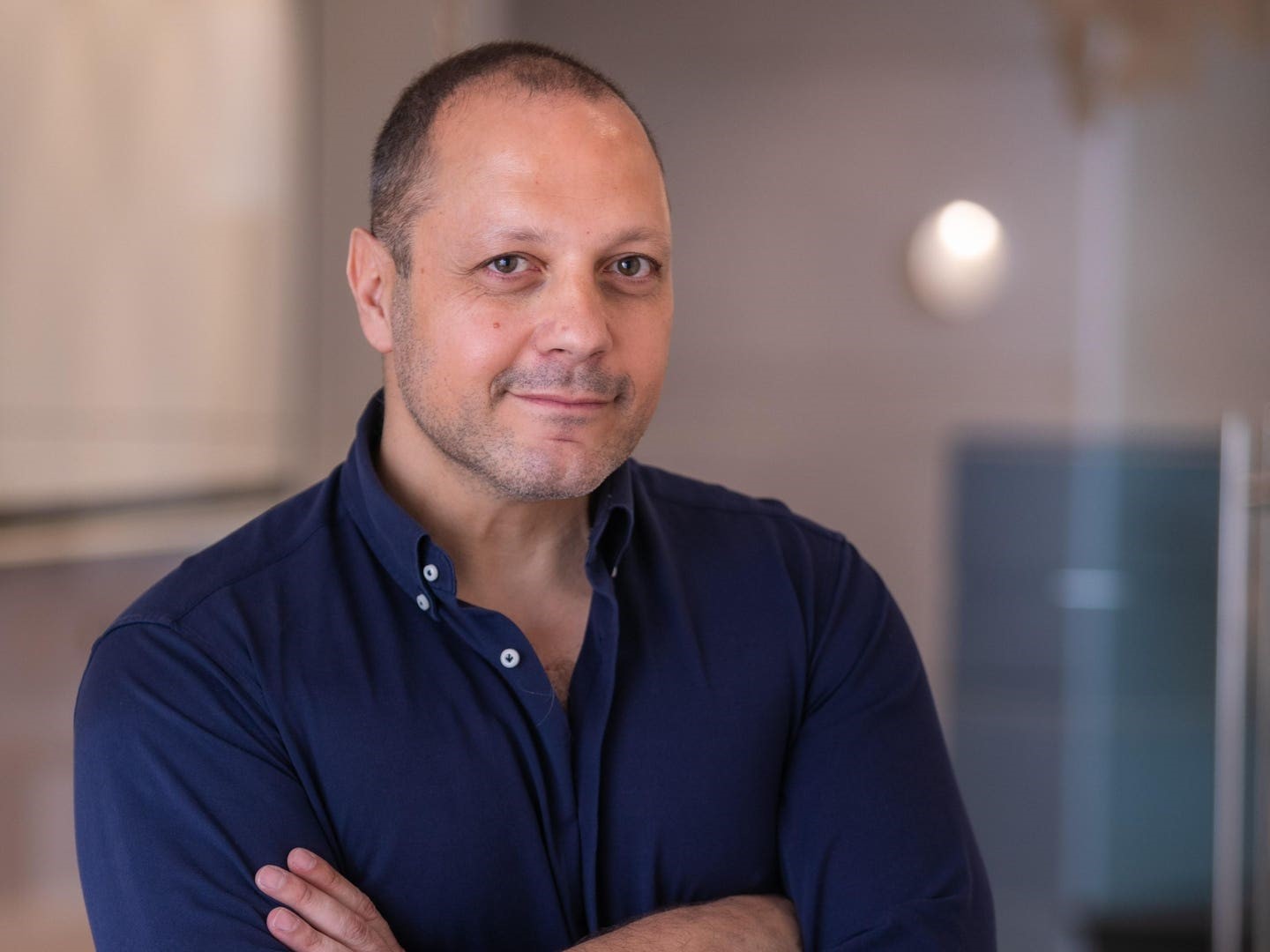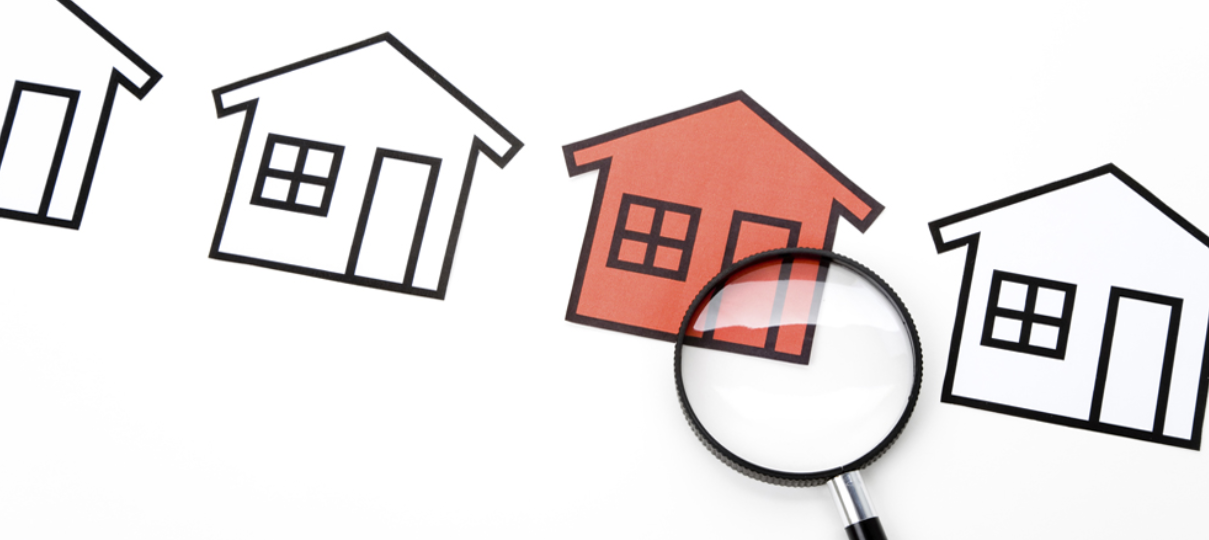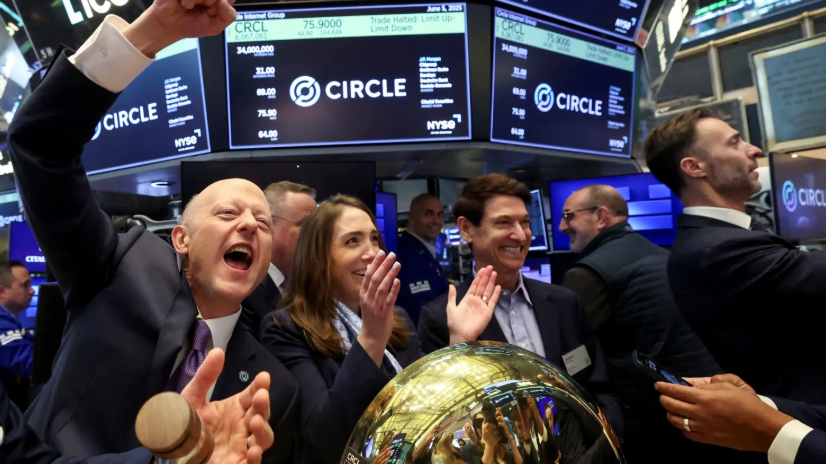This AI Startup Aims To Predict Heart Failure Before It Happens
Israeli-based health tech company Cordio has developed machine learning software that can be downloaded to a smartphone and helps keep cardiac patients out of the hospital.
One day in the future, a patient at risk for heart failure may find themselves waking up in the morning, opening up his smartphone and uttering these words: “The cat sat on the ship. David is a big chef. Jeff plays the guitar.”
It’s a simple daily habit that could save their life, because one day after repeating their daily refrain, their doctor might be notified that a patient is at risk of heart failure without immediate care.
That’s the dream of Tamir Tal, the founder of Israeli-based artificial intelligence startup Cordio. Its app, HearO, uses machine learning algorithms to detect changes in a patient’s voice that suggest there’s fluid accumulation happening in the lungs before a patient even notices any symptoms. By catching it early, doctors can intervene with medicine and prevent a patient’s condition from deteriorating to a point where they need to go to the hospital.
“This situation became the Holy Grail of the remote monitoring industry,” says Tal, 50. “To find a way to identify patients when they’re getting close to hospitalization because the patient doesn’t feel it.”
Millions of Americans are at risk for congestive heart failure, a condition in which the heart muscle is too weak to pump all of the blood the body needs. The result is that fluids build up in the extremities and lungs which, if left untreated, can lead to serious complications that require hospitalization. If caught early, patients can avoid a trip to the hospital but it’s often hard to diagnose until the heart failure is serious.
“There certainly are unmet needs for heart failure,” says William Abraham, a cardiologist at Ohio State University’s Wexner Medical Center. “And one of them is to closely monitor our heart failure patients remotely and know when they’re accumulating fluids in their lungs and at risk for hospitalization.”
So far, clinical studies have shown that the app can predict such events in patients about 80% of the time. Those studies, conducted in Israel, have gained the app marketing authorization from regulators in Europe and Israel, the company says. The company says it’s pursuing marketing authorization with the FDA as a breakthrough device after its current U.S.-based clinical trial, which features a larger, more diverse population, is complete.
Abraham, who’s currently conducting the company’s trial, says that if the results bear out and the app goes on the market, it offers a unique solution in the market for heart failure patients. “What's exciting about this one is its simplicity, its elegance, and that it's ready to be universally deployed to our heart failure patients,” he says. “It doesn’t require any hardware or devices in the home–all you need is a smartphone.”
For full article read Forbes





